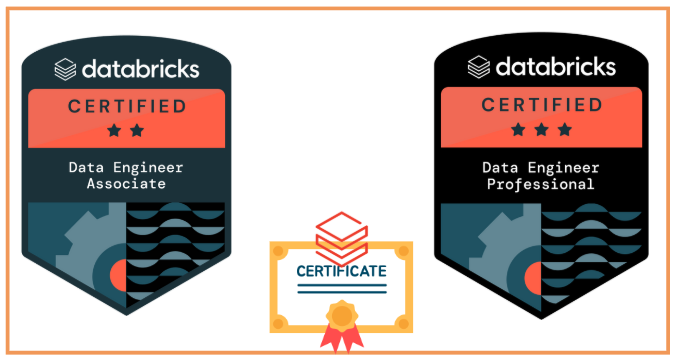Week 14/34: Data Engineering with Databricks for Data Engineering Interviews
Understanding Databricks's role in data engineering and use cases
In our previous post of the series, we covered Spark fundamentals, an important skill often tested along with Databricks knowledge in job interviews. Many big companies like NAB, Coles, Shell, Nasdaq, Atlassian, Air Canada, HSBC and many more use Databricks to improve their data processing and analytics across different industries.
If you missed the spark fundamentals post, you can catch up here:
Databricks is an end-to-end data and AI platform that combines data engineering, Data Science, and AI in a unified environment. It was founded by the creators of Apache Spark and provides an integrated solution for processing and analysing large datasets, building machine learning models, and creating data visualisations. Databricks is built on the Lakehouse architecture, which combines the best of data lakes and data warehouses. This approach enables scalable storage, fast query performance, and strong governance for structured and unstructured data.
If you would like to learn more about Lakehouse Architecture you can check:
We assume you're already familiar with Databricks and its core concepts. But if not, don’t worry! These three free training courses are a great starting point. Plus, they offer badges that you can showcase as part of your learning journey:
🔹 Databricks Lakehouse Fundamentals
🔹 Databricks Fundamentals
🔹 Get Started With Data Engineering on Databricks
Note: We always recommend learning the fundamentals first since tools and platforms may change, but core concepts remain.
While some companies require certification, for others, it's a nice to have. If you're looking to get certified, you have two options, and they’re independent, so you can go straight to Databricks Professional if you're ready:
In this post, we cover:
Databricks architecture
Databricks components/concepts related to Data Engineering
Scenario-based Spark interview questions with detailed answers.
For the previous posts of this interview series, check here: [Data Engineering Interview Preparation Series]1
Databricks Architecture








